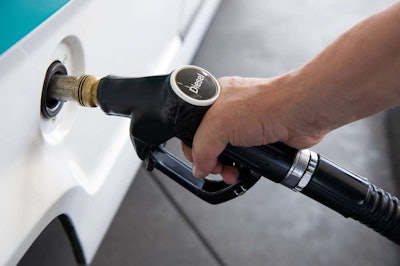
University of California, Berkeley scientists have discovered a way to produce renewable diesel fuel by using a fermentation process once used to produce explosives.
Chemists and chemical engineers on campus worked together to create the fuel, which mimics a bacterial fermentation that chemist Chaim Weizmann — the first president of Israel — discovered nearly 100 years ago.
The process can be started with a wide range of renewable materials such as corn and cane sugar, starch and non-food feedstocks like grass, trees or field waste, according to the UC Berkeley report.
According to a report from the journal Nature, this process is a “fermentative production of acetone by Clostridium acetobutylicum, ” which forms higher-molecular-mass hydrocarbons, like those found in diesel and jet fuels.
The mix of products is expected to contain more energy per gallon than currently-used ethanol, UC Berkeley News Center reported.
The cost of the new fuel is higher than diesel from fossil fuels. However, the scientists anticipate the process to greatly reduce greenhouse gas emissions. Tests showed the new fuel burned as well as diesel from fossil fuels.
The new fuel is expected to appear on the market within the next decade.









